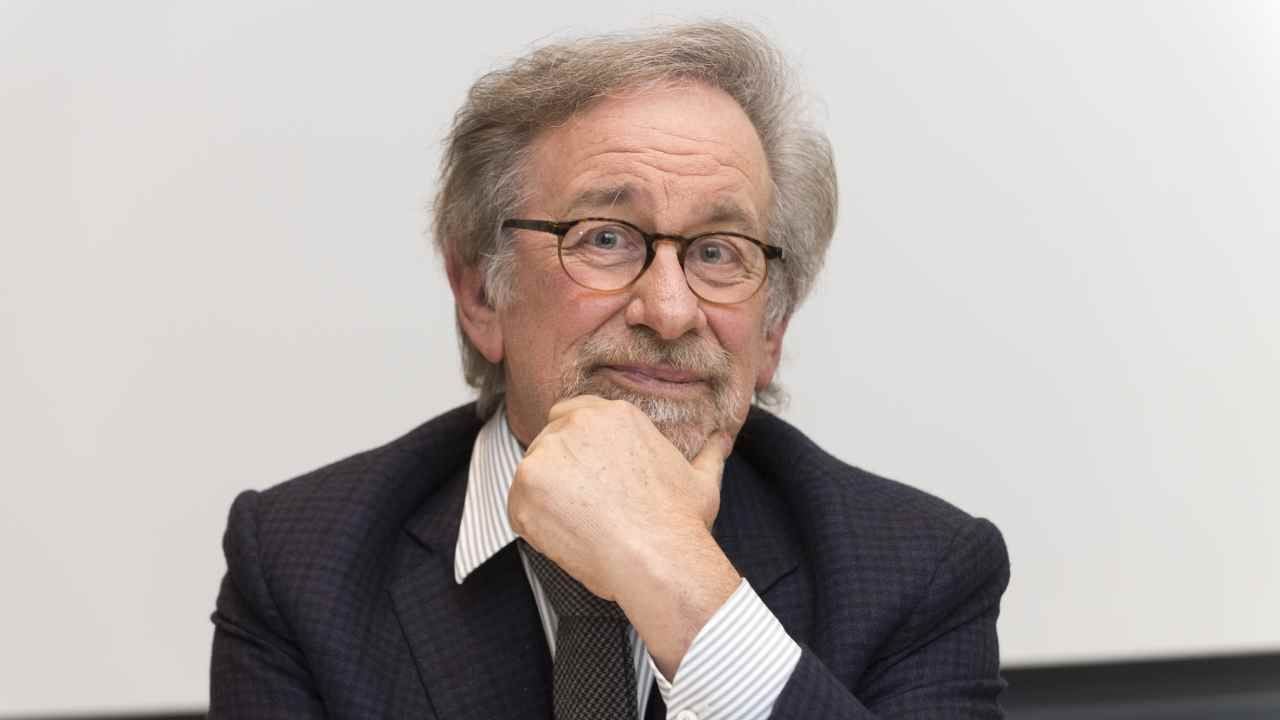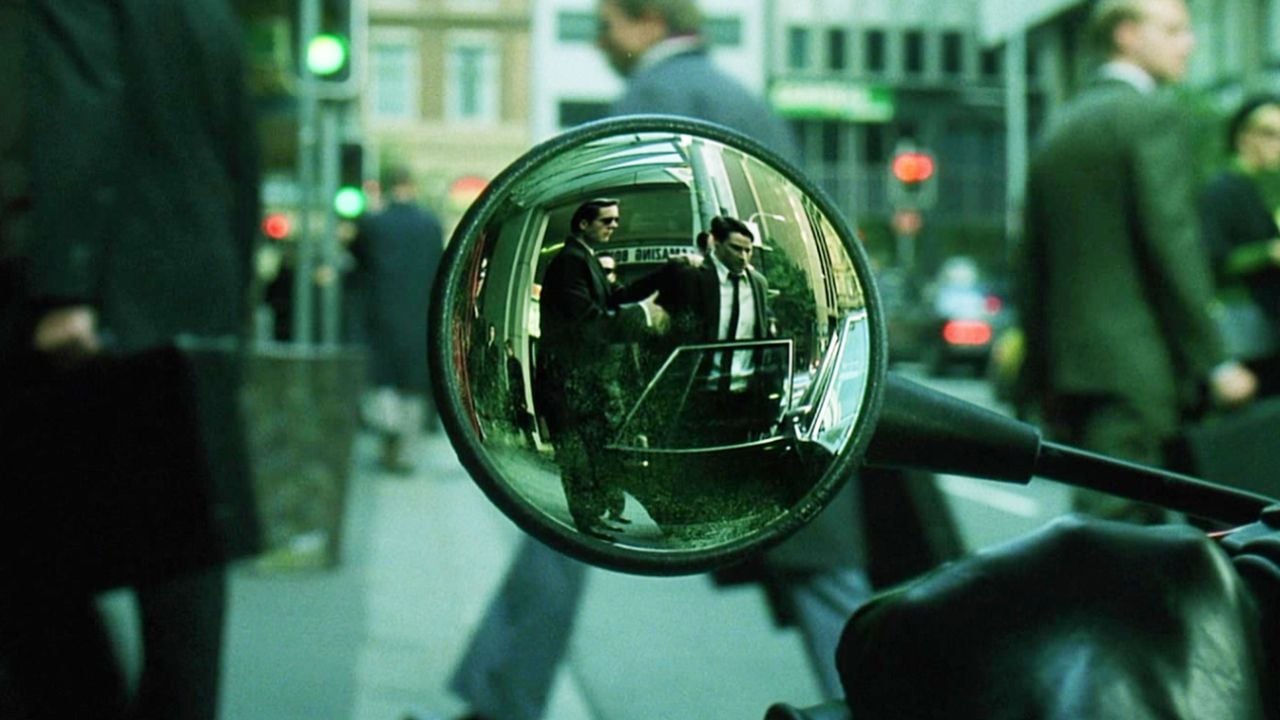Especially in nutrition, many myths arise about the vegan lifestyle
BBB24 brought back the topic of veganism, after all two participants of the Camarote group say they are vegan: Yasmin Brunet and Wanessa Camargo. But many myths surround this lifestyle.
For example: the vegan diet is, on the one hand, seen as “salvation” by those who follow this lifestyle; but it is also criticized by many. Likewise, there is no shortage of people who believe that vegan cosmetics are less effective or that vegan patients do not achieve results when undergoing aesthetic procedures. What is true and what is myth in this story?
“In any plant-based diet, the important thing is to prioritize choosing healthy and varied foods. It is essential that good quality proteins, carbohydrates and fats are included in every meal. It is essential, however, to pay more attention to the consumption of proteins of plant origin, such as legumes. Equally important, however, is the consumption of leafy vegetables, fruit, cereals, oil seeds, mushrooms and algae. Ideally, this eating habit should be as varied as possible, to allow the intake of all the necessary nutrients,” explains nutritionist Marcella Garcez, director and professor of the Brazilian Association of Nutrology (ABRAN).
Find out what experts say about the main myths and truths about veganism:
Eating vegan isn’t always healthier
REAL. The vegan diet can also include many ultra-processed foods.
“Many of these plant-derived products, especially meat, are considered ultra-processed foods, that is, they are industrial formulations made from substances extracted or derived from other foods (in this case plants) and synthesized in the laboratory ( colourants, flavourings, preservatives and additives). This processing is what makes such foods more palatable and similar to the products they are intended to replace, but it is also what makes them not as healthy as natural foods and can, depending on the composition, increase the risk of certain ailments for Health. problems, such as obesity, cholesterol and cardiovascular diseases,” explains Marcella.
“So it is important to pay attention to what you buy and understand how that product was manufactured and what it contains in its composition. But the best solution for those who want to abandon animal products in a truly healthy way is to opt for homemade preparations of natural plant foods.
The vegan diet causes hair loss
MYTH. If well structured, the vegan diet does not interfere with hair health and growth, highlights the doctor.
“However, a deficiency of proteins, iron, zinc and vitamins can cause telogen effluvium, i.e. hair loss. When we think about hair building, two essential amino acids are most relevant: methionine and lysine. Therefore, the vegan diet must include foods that are sources of these amino acids, such as beans, lentils, sprouts, soybeans, chickpeas, quinoa, almonds, walnuts and Brazil nuts. The traditional Brazilian combination of beans and rice is effective because it provides both: rice is rich in methionine and deficient in lysine, while beans are rich in lysine and deficient in methionine,” he explains.
Some of these foods are also sources of zinc and iron, other minerals important for hair. Vitamin B12 is also a cause for concern, as its deficiency is a major cause of hair loss in vegans and vegetarians.
“In this case, oral supplements or fortified foods can help. Both use vitamin B12 produced in the laboratory from bacterial cultures,” explains the doctor.
Cosmetic procedures for vegans have worse results
MYTH. According to Cláudia Merlo, doctor in Cosmetology at the BWS Institute, every aesthetic collagen biostimulation procedure depends on an adequate protein intake for the synthesis of collagen and elastin.
“Therefore, for these patients, the important thing is to consume combined vegetable proteins, which offer essential amino acids necessary for the formation of collagen and elastin,” says Cláudia.
«It is worth opting for soya, chickpeas and other legumes, generally combining them with a cereal (rice and beans, corn and peas)», adds Marcella.
Vegan cosmetics are weaker
MYTH. There is no official definition of vegan cosmetics, but these products are generally classified as cosmetics that do not contain ingredients of animal origin (meat, poultry, fish, eggs, dairy products, honey, propolis, royal jelly, among others), nor ingredients of animal origin. by-products (such as insect dyes, silk, etc.) and which are not tested on animals (ingredients and finished product), according to Maria Eugênia Ayres, pharmacist and technical manager of Biotec Dermocosméticos.
“The benefits of vegan cosmetics are the same as traditional cosmetics. They help hydrate, delay the signs of aging, and do everything conventional ones do, but without using animal products. To do this they use chemical and vegetable equivalents, guaranteeing skin and beauty care”, guarantees Maria Eugênia.
There are numerous active ingredients for rejuvenation that are considered vegan – and are a reference in rejuvenating and pro-aging action.
“The low molecular weight hyaluronic acid vectored by Hyaxel Organic Silicon, for example, is a vegan active obtained through biotechnology. In addition to exerting maximum hydrating action, it intensifies epidermal renewal (retinoic-like effect) and increases the skin’s defense system, counteracting inflammatory reactions. Another novelty is the technology with a deep rejuvenating action, which acts on the telomeres, through Telodormin, an extract derived from the dormant bulbs of the Narcissus tazetta plant. This active ingredient preserves the length of telomeres, delaying skin aging,” concludes the pharmacist.
Supplements are necessary for vegans
REAL. According to the nutritionist, it is generally possible that a diet based on the consumption of vegetables or composed exclusively of vegetables, provided it is well planned, contains all the nutrients necessary to maintain the body’s health.
“However, deficiencies can occur, some of which are more common in vegetarians and vegans, such as protein, vitamin B12, calcium and iron deficiencies. But the most recommended supplement is vitamin B12, the main sources of which are foods of animal origin. Although some types of algae contain this vitamin, it is generally in insufficient quantities, so it is often necessary to recommend dietary supplementation. All deficiencies can be avoided with a balanced diet and in most cases corrected by consuming foods that are sources of these nutrients, but in cases of greater deficiencies food supplements may be necessary,” explains Marcella.
The vegan diet protects the kidneys
REAL. This type of diet can also benefit the kidneys, according to nephrologist Caroline Reigada, a specialist in intensive care medicine at the Brazilian Association of Intensive Care Medicine.
“A diet based on vegetables, legumes and cereals is associated with a reduction in risk factors linked to kidney disease. This happens because there is a greater intake of fiber and antioxidants in the diet. These nutrients help the body against inflammatory components and oxidative stress. Furthermore, the vegan diet reduces the risk of hypertension, type 2 diabetes and metabolic syndrome – three problems strongly linked to kidney disease,” says the nephrologist.
“We must always emphasize that this type of benefit does not apply to those patients who maintain a high consumption of ultra-processed foods, especially those rich in sodium and chemical food additives, which are linked to inflammation. Planning a vegan diet requires a lot of care and consultation with a professional is essential,” adds Caroline.
Vegan diet affects fertility
DEPENDS. “In general we need to think about offering the right nutrients for the body, whether they are of animal or plant origin. When the diet provides the necessary macro and micronutrients, there is no interference from food that makes it difficult to conceive a child,” explains Fernando Prado, specialist in Human Reproduction, member of the American Society of Reproductive Medicine (ASRM) and clinical director of NeoVita.
“However, if for example you experience a low intake of protein or omega-3, this can affect the quality of the egg,” adds the doctor.
Depending on their dietary pattern, vegans run the risk of having, for example, low levels of zinc, iron and vitamin B12, substances found in meat.
“The outer layer (the cell membrane) of an egg requires essential fatty acids, such as omega-3s, which come from oily fish. However, we know that the plant sources of this nutrient are seeds (chia and flax seeds) and oil seeds (walnuts). Vegans should pay attention to this. If it is a deficiency, omega-3 can also be supplemented with vegan sources (algae),” explains Fernando.
Zinc and iron are also found in plant foods. Another constant “criticism” of the vegan diet involves protein, which provides the building blocks for eggs and healthy hormones (which are also highly linked to fertility). But they can be obtained from plant sources.
inspires transformation in the world of work, in business, in society. Compasso, a content and connection agency, is born.
Source: Terra
Ben Stock is a lifestyle journalist and author at Gossipify. He writes about topics such as health, wellness, travel, food and home decor. He provides practical advice and inspiration to improve well-being, keeps readers up to date with latest lifestyle news and trends, known for his engaging writing style, in-depth analysis and unique perspectives.

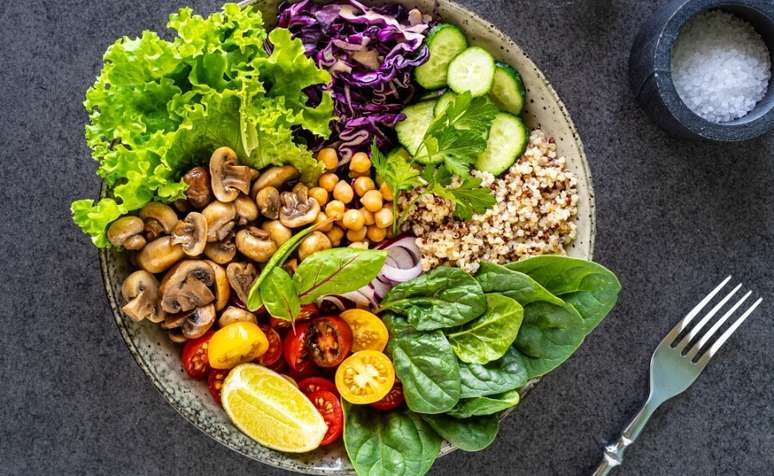
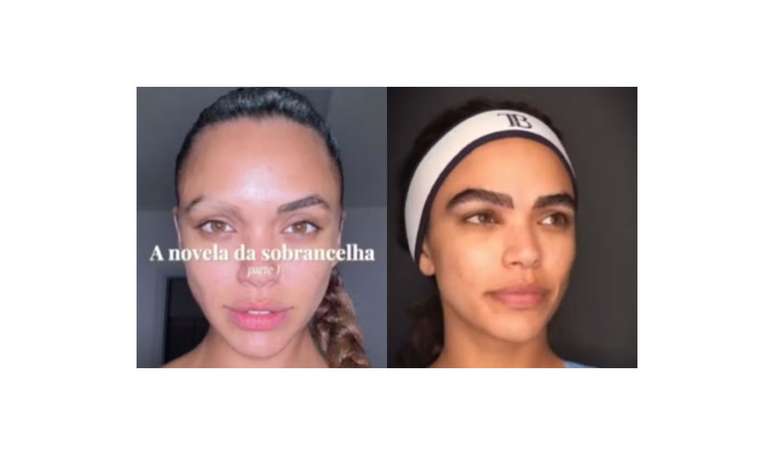
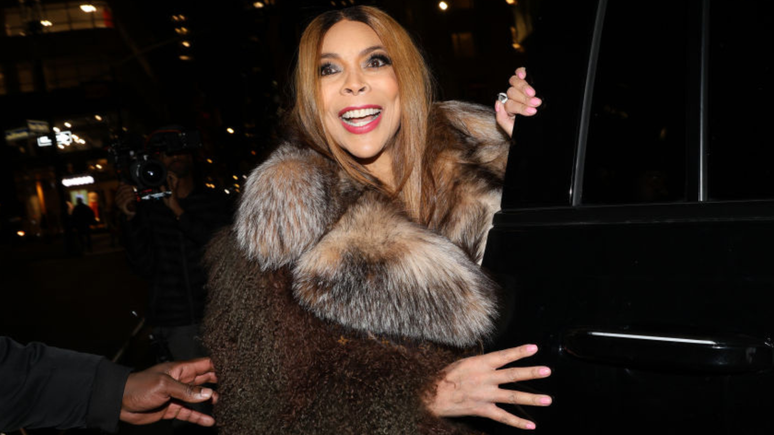
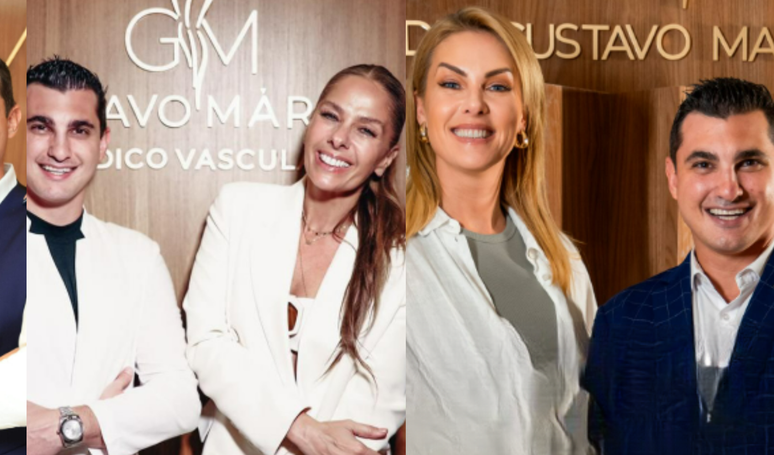
![Such a wonderful sun in advance: Summary of the episode of Thursday on August 14, 2025 [SPOILERS] Such a wonderful sun in advance: Summary of the episode of Thursday on August 14, 2025 [SPOILERS]](https://fr.web.img6.acsta.net/img/f2/d1/f2d1b407f018a903d063481a150a2e19.jpg)
